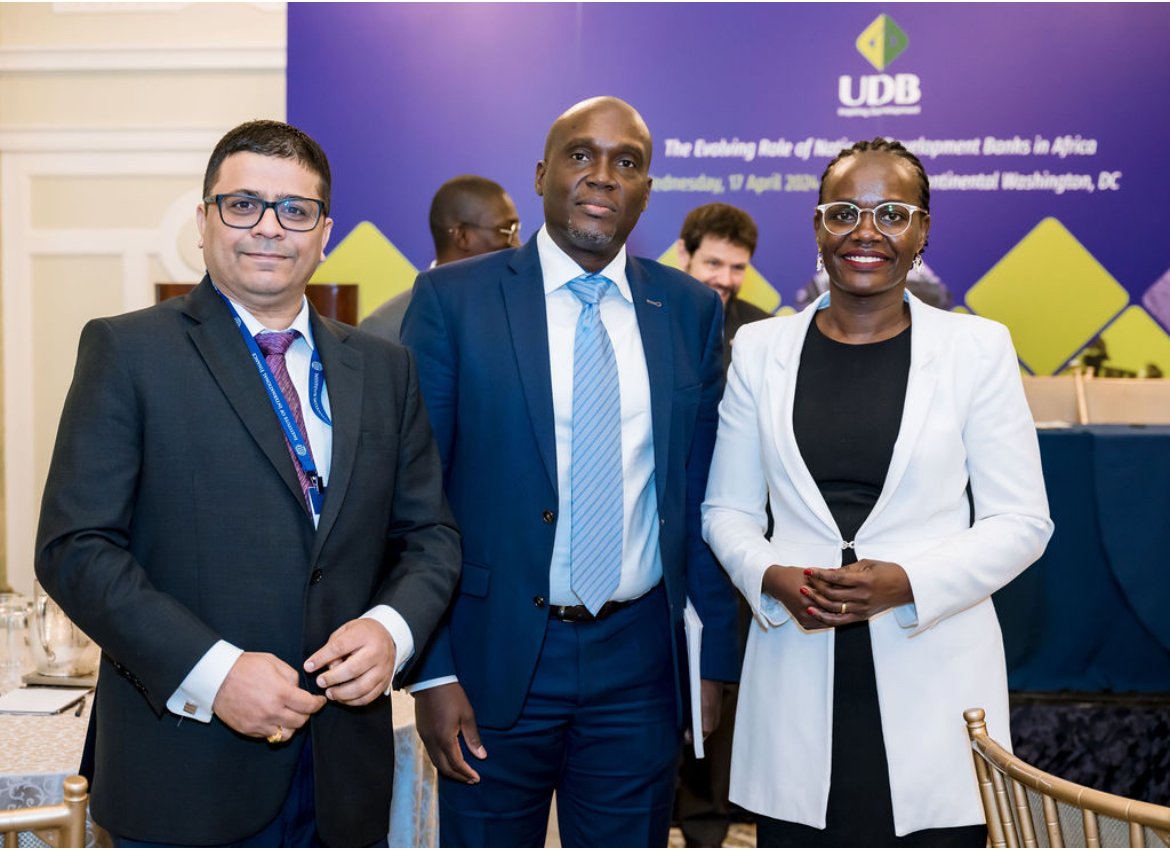The importance of skills development for resilient youth
Hassan Saleh
Keep Reading
Africa is on the rise in prominence, there’s been a shift in economic opportunities.
In fact, studies by Nielsen have indicated that Africa is one of the fastest growing economies in the world.
Our youth remains as the backbone for the sustainability of our economic growth as a continent.
However, 226 million youth aged 15-24 that live in Africa representing nearly 20% of our continent’s population are not active economic growth participants.
This is due to social challenges and skills resulting in a high unemployment rate. This therefore raises a question; how do we empower the youth with skills to address the economic and unemployment challenges?
In response to this question we also need to consider that upskilling youth is not only the responsibility of government but is key for the private sector in terms of business sustainability.
There are key things that businesses need to consider when developing youth skills programmes with one of the most key considerations being a long-term approach, understanding that skills development takes time and investment.
1. Identify a need relevant to the market and relevant to your business: Companies need to guard against creating skills programmes as a tick box, essentially, they need to answer to a skills gap in a country, but what makes this sustainable is its link to the progress and sustainability of your business.
For examples, as part of our response to the skills gap in the markets in which we operate across the continent, MultiChoice Uganda has prioritized investment in various initiatives such as our Supply Value Chain of Mega Dealers, Installers and MultiChoice Talent Factory (MTF).
A good investment through a host of skills and enterprise development initiatives with a focus in youth will assist in shaping our continent.
Our initiatives are a combination of direct business needs, overarching industry and country needs. Not only are these initiatives equipping the youth with the skills to address the unemployment rate, but they are also designed to address the industry needs and gaps.
Our strategy is not only focused on youth who are not employees of ours, but we have also implemented internal leadership programmes that recognize future leaders who will lead our organization in the future.
Our ability to address the youth skills gap depend on the success of these initiatives
2. Scale and partner in order to drive programmes:
Businesses may feel that skills development is costly especially if it is a smaller business, however there is opportunity for businesses to scale programmes or alternatively partner with other businesses or institutions. We are proud of the work that our flagship programme MultiChoice Talent Factory (MTF) has achieved since its inception in 2019.
MTF, an education programme that develops emerging TV and film talent in Africa, through an accredited 12-month immersion programme including both theory and hands-on experience in cinematography, editing, audio production and storytelling.
It is the first academy of its kind, spanning three regions and 13 countries across Africa.
Sixty deserving young, talented candidates who want to work —and innovate — in film and television production get the chance to hone their skills alongside industry greats.
The programme allowed for scalability, however we quickly realized that having an academy in each country would not be viable, so we looked for ways to incorporate most of the markets in which we operate.
We created a sustainable model for the initiative by opening three academies in our main regions across the continent namely West, East and Southern Africa.
Furthermore, we continue to partner with experts in the industry globally such as Dolby and the New York Film Academy in order to offer international best practice and training.
The best partnerships are not solely based on money but should rather be based on a mutual passion for skills development together with shared values between the partners.
It also looks at mutual benefits and complementary skills.
3. Profit is not the Aim If a company invests in skills development, it should not be done with profit as the only outcome.
Intangible economic benefits are derived through MultiChoice’s development of its communities.
Employment means assimilating new skills and abilities.
Skills once learned and mastered create competencies and promote the flow of knowledge across industries and sectors as people locate new opportunities, move to new employers, or launch enterprises.
Acknowledging that the company’s prosperity is due to the people in the markets it serves, MultiChoice has become intertwined with the economies in which it operates.
This has meant going beyond creating value for shareholders, employees and extended to communities through leveraging the company’s expertise to impact on supporting the growth of local production facilities and nurturing of African talent.
4. Be Digital and Adaptable If the COVID-19 pandemic and lockdown measures by local governments to flatten the curve have taught business anything, it is to be adaptable and be able to function digitally.
These unprecedented times demand that we be resilient in our efforts to impart skills for youth who will lead our businesses in the future.
Due to the COVID-19 lockdowns, MTF has looked at new opportunities to innovative with our curriculum and remain connected with skills development training. Undoubtedly, the success our efforts to impart skills for resilient youth depends on our ability to execute and maintain our curriculums.
MTF launched a series of online masterclasses available on Africa’s creative network, the MTF portal. The masterclasses offer exclusive access to practical, industry expert-led skills workshops that afford film and television professionals the ability to interact and learn from the best in Africa.
The masterclasses have been made available to over 25 000 registered users with a profile on the MTF portal.
The author is country director, MultiChoice Uganda













